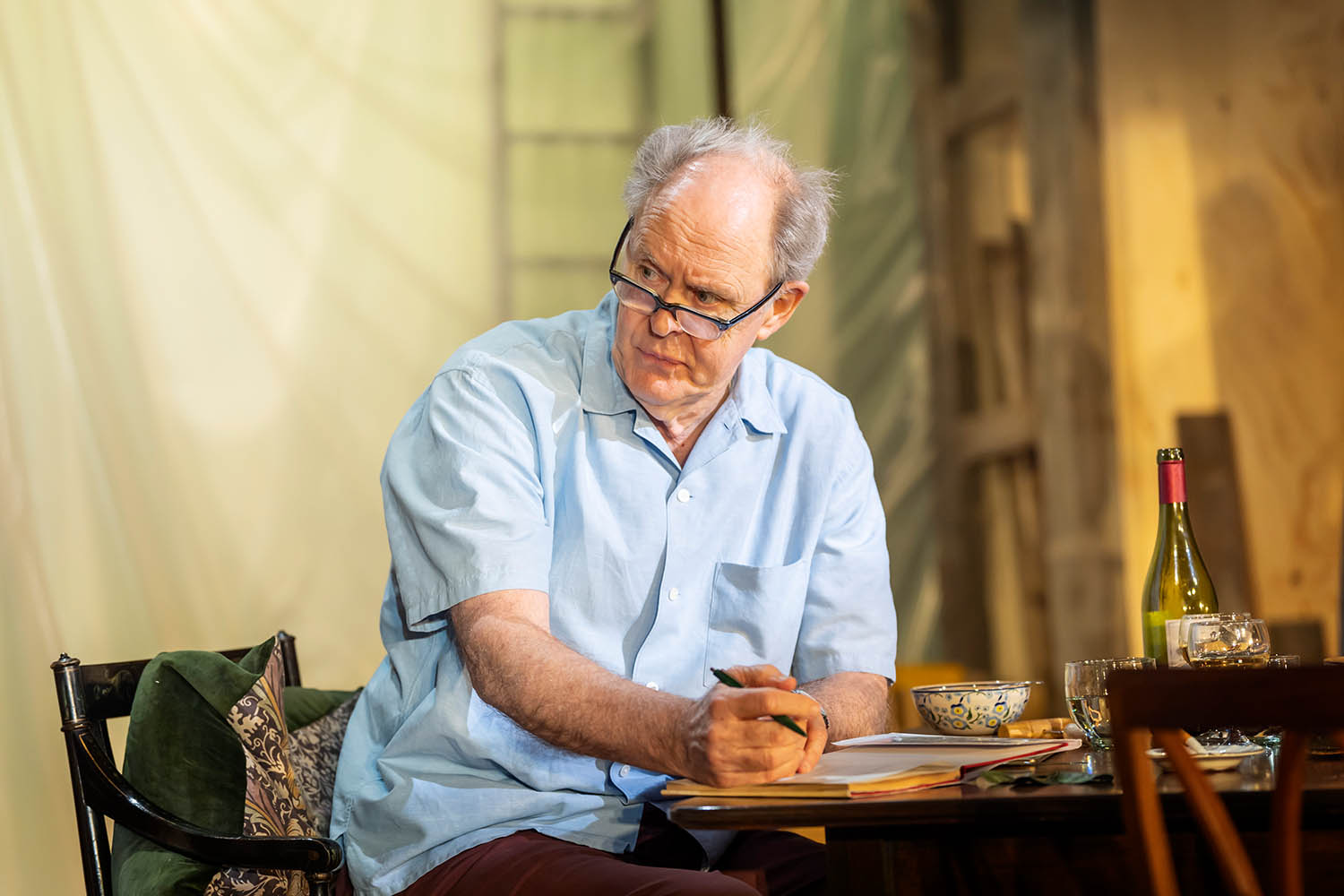These days, standing ovations in London’s West End seem obligatory. I resist, because surely this theatrical accolade should be reserved for the greatest performances.
But I rose to my feet for John Lithgow on the opening night of Giant, Mark Rosenblatt’s play about Roald Dahl and antisemitism, which has transferred from the Royal Court.
It is too simplistic to say that the play paints Dahl as a monster. Yes, when asked whether he was antisemitic by the New Statesman, he replied blithely that “there’s always a reason why anti-anything crops up anywhere. Even a stinker like Hitler didn’t just pick on them for no reason.”
But Rosenblatt’s sophisticated drama doesn’t allow us to fall into condemnation: a reminder that ideas can be in opposition and also coexist. And a reminder, too, that the ties between the United States and the United Kingdom are too binding to be disrupted by political outrage.
I am an American who has made her home in Britain for the past four decades; I identify as a New Yorker but I know I am a Londoner. To see one of the greatest American actors portraying one of the most significant British writers of the 20th century was intensely moving, when the actions of the 47th US president and his administration are calling into question so much we took – quite wrongly – for granted.
What we share supports and sustains us: while we protest, we must also celebrate our connections. I might drop by Benjamin Franklin’s London home, just off the Strand, in the next few days, or pass by the plaque in Chalcot Square, in Primrose Hill, that marks where Sylvia Plath once lived. Back in New York I can wave to the ghost of WH Auden in St Mark’s Place; Zadie Smith is back in Willesden, but for a while she called the Big Apple home. Culture and literature build bridges that politics cannot destroy.
Giant by Mark Rosenblatt, directed by Nicholas Hytner, is at the Harold Pinter Theatre until 2 August.
Photograph by Johan Persson
Newsletters
Choose the newsletters you want to receive
View more
For information about how The Observer protects your data, read our Privacy Policy

